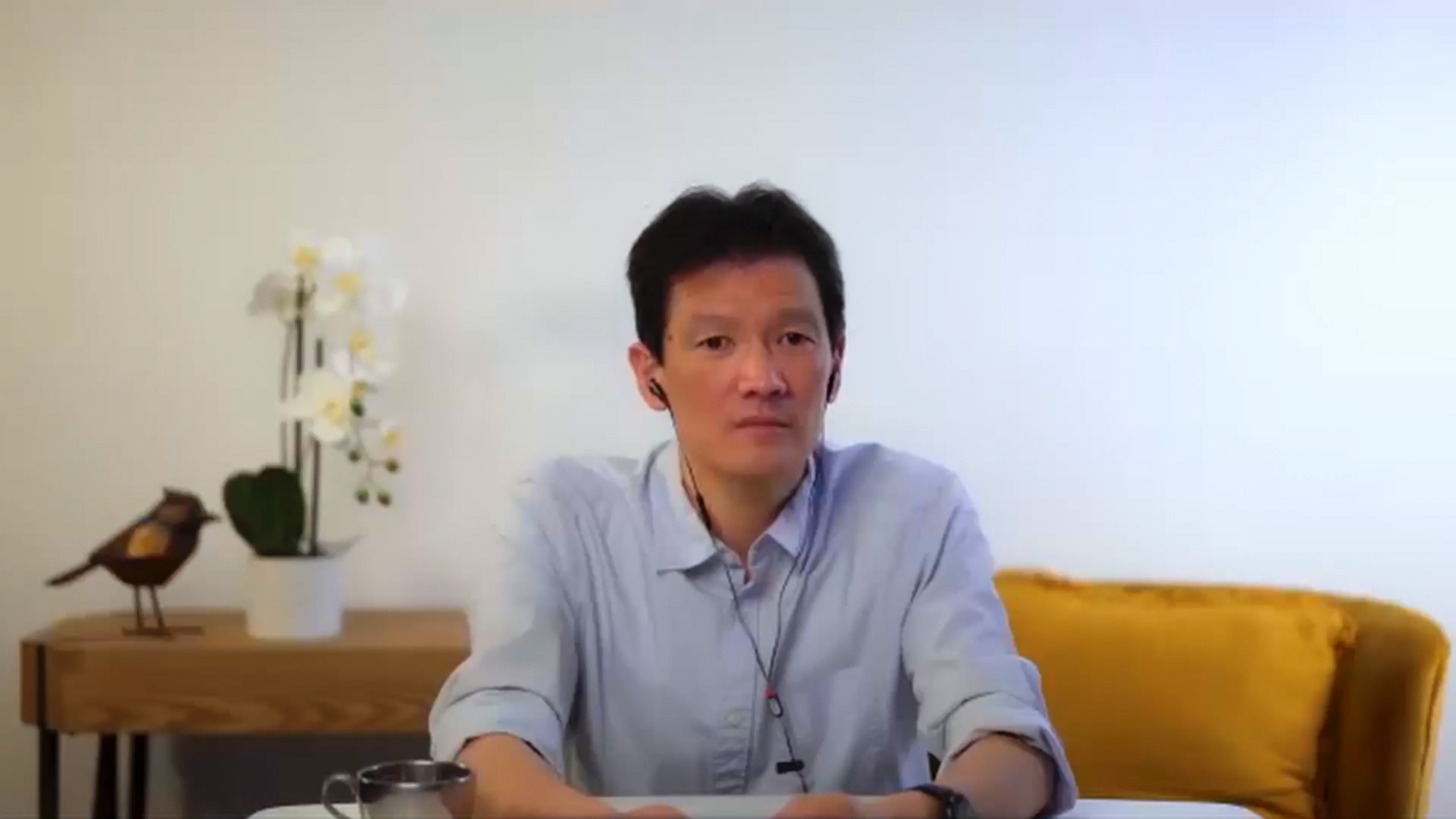
Scaling Innovation
Former Director of Getting Shit Done at Shopify
inpractise.com/articles/shopify-scaling-challenges
Why is this interview interesting?
- How Shopify can scale a culture of experimentation and innovation
Adrian Cho
Former Director of Getting Shit Done at Shopify
Interview Transcript
What do you think is the biggest challenge in scaling a culture of experimentation and innovation?
One danger is, definitely, not knowing how to say no; not knowing how to kill things and stop things. The extreme of this is, hey, we’re all going to experiment like crazy. Everyone is going to be doing stuff and we don’t keep very good tabs on it; we don’t understand what is successful. That’s definitely one part of it.
How do you get around that? Let’s say that you have so many different ideas and, as you said, you’ve got to prioritize them. Who actually makes the decision as to productizing or going the extra step?
This is something that a lot of organizations struggle with. The extreme, in a large organization, is that they will have very rigid, top-down structures and there will be a weekly directors meeting or whatever it might be and they are going to review every single thing. The other extreme is that you have no structure whatsoever. What I see in a lot of the smaller organizations, is that they try to avoid having anything like that but, eventually, they do realize that they have to have something. It’s trying to find a balance between a top-down and a bottom-up decision making. There has to be some balance in there. It can’t be just one or the other.
The other thing is figuring out how you actually measure. What are the metrics that we all agree on, that we’re going to use, to judge the success of something? Additionally, in order to speed things up – this goes back to the balance of top-down and bottom-up – you don’t just rely on top-down inspection or review or decision making, to stop things or correct things. What you want is teams that are auto-correcting, that have enough awareness that, hopefully, they realize, before it has to go up to a senior person, that something is wrong here; perhaps we should abandon this; this is not working. That comes back to awareness and giving people the tools to understand that. For example, here’s how you would measure something and if it looks like this, that’s probably not a good thing.
Are there certain processes that you would definitely put in place, for a company like Shopify, as it does scale from 500 to 5,000 employees?
In the beginning, even with most small organizations, have to have some kind of project management; you have to have some structure. At least, you have to have some common language around how you discuss what is a project, or whatever you are going to call it. What is the scope of the unit of work and how do we organize around that, doing it in such a way that you don’t force people? You don’t say, every team must have this kind of person and this kind of person. You say, in order to be successful, every team should have a balance of experience and a balance of skills and perspectives. You’re giving people the guidance and, hopefully, they are making good decisions, based on that.
I think one of the things that is important is the getting away from the rigid, one-size-fits-all, this will always work. It’s hard, because in some organizations, they’ll ask questions and they want a simple answer. Often, the answer is not that simple. The answer is often, truly, it depends. That doesn’t mean that you can’t give any answer, but it’s often better just to give guidance and principles upon which you make decisions, rather than trying to give solutions all the time.
Copyright Notice
This document may not be reproduced, distributed, or transmitted in any form or by any means including resale of any part, unauthorised distribution to a third party or other electronic methods, without the prior written permission of IP 1 Ltd.
IP 1 Ltd, trading as In Practise (herein referred to as "IP") is a company registered in England and Wales and is not a registered investment advisor or broker-dealer, and is not licensed nor qualified to provide investment advice.
In Practise reserves all copyright, intellectual and other property rights in the Content. The information published in this transcript (“Content”) is for information purposes only and should not be used as the sole basis for making any investment decision. Information provided by IP is to be used as an educational tool and nothing in this Content shall be construed as an offer, recommendation or solicitation regarding any financial product, service or management of investments or securities.
© 2026 IP 1 Ltd. All rights reserved.


